Best Copier Lease Plan
Copiers and printers are indispensable tools in any office environment, whether it’s a large corporation or a small business. However, the decision to lease or buy these essential machines can significantly impact your budget and operations. Leasing offers numerous advantages, especially for small businesses looking to manage costs while accessing the latest technology. Do you know the best copier lease plan for your business?
This article will guide you through the ins and outs of choosing the best copier lease plan for your company, helping you make an informed decision that aligns with your business needs and goals.
Understanding Copier Leases
A copier lease is an agreement where a business rents a copier for a specified period rather than purchasing it outright. This arrangement allows companies to use high-end copier machines without the hefty upfront cost. There are two main types of copier leases: operating leases and capital leases.

An operating lease is like renting; you use the copier for a set term and return it at the end. This type of lease is beneficial for businesses that prefer to upgrade their equipment regularly. A capital lease, on the other hand, is more like a loan. At the end of the lease term, you have the option to purchase the copier at a reduced price. Understanding these lease types is essential to choose the one that best fits your business needs.
Benefits of Leasing a Copier
Leasing a copier offers several advantages that make it an attractive option for businesses of all sizes. Firstly, leasing helps manage costs more efficiently. Instead of a large upfront payment, leasing spreads the expense over monthly payments, making budgeting easier and freeing up capital for other essential business operations.
Another significant benefit is access to the latest technology. Copier models evolve rapidly, and leasing ensures that your business can utilize up-to-date equipment without the need for frequent purchases. This access to advanced technology can enhance productivity and streamline your office workflows.
Leasing also provides flexibility. Many leasing companies offer flexible lease terms that can be tailored to your business’s specific needs. Whether you need to upgrade your copier mid-term or adjust your lease period, leasing agreements often allow for such changes. Additionally, at the end of the lease, you have several options: renew the lease, upgrade to a newer model, or purchase the copier. This flexibility ensures that your office equipment remains aligned with your evolving business needs.
Factors to Consider When Leasing a Copier
When deciding to lease a copier, several factors need to be considered to ensure you choose the best option for your business. First and foremost, assess your specific business needs and budget. Determine the volume of copying and printing your office requires and the features necessary for your operations. This assessment will help you select a copier model that meets your demands without exceeding your budget.
Lease terms and monthly payments are crucial considerations. Compare different leasing offers to find the one that provides the best value. Pay attention to the length of the lease term and the total cost over the lease period. Ensure that the monthly payments fit within your budget and provide the flexibility you need.
It’s also essential to account for additional costs. Maintenance and supplies can add up, so check if these are included in your lease agreement or if they will be extra expenses. Some leasing companies offer comprehensive service plans that cover maintenance, repairs, and supplies, which can save you time and money in the long run.
Consider the copier brands available through the leasing companies. Leading brands like Xerox and HP are renowned for their reliability and advanced features. Choosing a reputable brand ensures you get a high-quality machine that will meet your business needs effectively.
How to Compare Copier Lease Offers
Comparing copier lease offers can be overwhelming due to the variety of options available. Start by evaluating the leasing companies themselves. Look for companies with a solid reputation, positive customer reviews, and a history of reliable service. A reputable leasing company will be transparent about their terms and willing to work with you to find the best solution for your business.
Next, compare lease rates and overall lease costs. While the monthly payment is a significant factor, also consider the total cost over the lease term. Some leases may have lower monthly payments but higher overall costs due to longer terms or additional fees. Ensure that you understand all the costs involved, including any potential penalties for early termination or equipment upgrades.
Assessing lease terms and conditions is another critical step. Review the flexibility of the lease agreement, such as options for upgrading your copier, adjusting the lease term, or purchasing the equipment at the end of the lease. Flexible lease options can provide significant advantages as your business grows and changes.
Look for flexible lease options that align with your business needs. Some leasing companies offer customized leasing plans tailored to different industries and business sizes. These plans can provide the specific features and services that your business requires, ensuring that your copier lease is a perfect fit.
Choosing the Right Copier for Your Business
Choosing the right copier involves understanding the differences between copiers and printers and selecting the best model for your business. Copiers and printers serve different functions, and knowing which one suits your needs is essential. A copier is ideal for businesses that require high-volume copying and printing, while a printer might be more suitable for offices with lower printing demands.
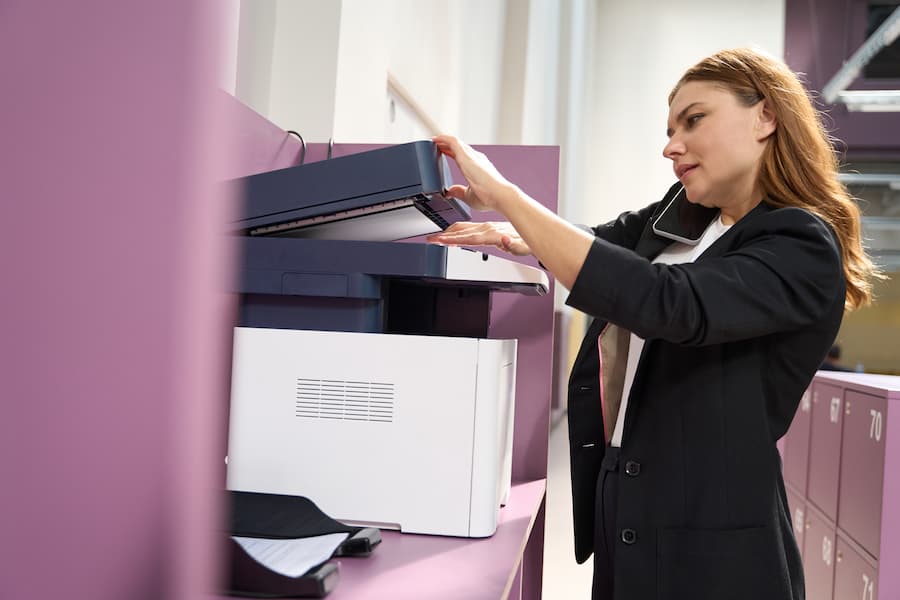
Deciding between an office copier and a commercial copier depends on your business size and printing volume. Office copiers are designed for small to medium-sized businesses with moderate printing needs. In contrast, commercial copiers are built for high-volume environments and larger organizations. Evaluate your business operations to determine which type of copier will best support your workflow.
Finding the best copier model for small businesses involves considering features like speed, capacity, and additional functions (e.g., scanning, faxing). Look for a model that meets your current needs while offering scalability for future growth. Brands like Xerox and HP offer a range of copiers with various features to suit different business requirements.
It’s crucial to choose a copier that aligns with your business operations. Ensure that the copier you select integrates seamlessly with your existing office equipment and software. This integration will enhance productivity and streamline your workflows, allowing your team to work more efficiently.
The Leasing Process
Leasing a copier involves several steps that require careful planning and consideration. Understanding these steps can help you navigate the leasing process smoothly and ensure you get the best deal for your business.
Research
Begin by conducting thorough research on the various copier models and leasing companies available. Identify the features you need in a copier, such as print speed, scanning capabilities, and paper capacity. This initial research will help you create a shortlist of copiers that meet your business requirements.
Next, investigate the leasing companies that offer these copiers. Look for companies with strong reputations, positive customer reviews, and a history of reliable service. Comparing different companies will give you a sense of the market rates and the range of services offered.
Choose a Copier
Once you have gathered sufficient information, choose a copier that fits your business needs. Consider the volume of copying and printing your office requires, the specific features necessary for your operations, and the copier’s compatibility with your existing office equipment. Selecting the right copier ensures that it will enhance your office’s productivity and efficiency.
Negotiate the Lease Terms
Negotiating the lease terms is a critical step in the leasing process. Discuss the lease duration, monthly payments, and any additional costs with the leasing company. Aim for a lease term that matches your business’s operational timeline and financial capabilities. Negotiate for flexible terms that allow for upgrades or adjustments during the lease period. Clear communication with the leasing company will help you secure favorable terms that align with your business needs.
Sign the Lease Agreement
After finalizing the lease terms, carefully review the lease agreement. Ensure that all the negotiated terms are accurately documented, and there are no hidden fees or clauses. Pay attention to the end-of-lease options, maintenance responsibilities, and any penalties for early termination. Signing the lease agreement is a formal commitment, so it’s essential to understand all the details before proceeding.
Installation and Training
Once the lease agreement is signed, arrange for the installation of the copier. The leasing company will typically handle the delivery and setup of the machine. Ensure that your staff receives proper training on how to use the copier effectively. Proper training minimizes downtime and helps your team utilize all the features of the new copier efficiently.
Managing Your Office Copier or Printer Lease
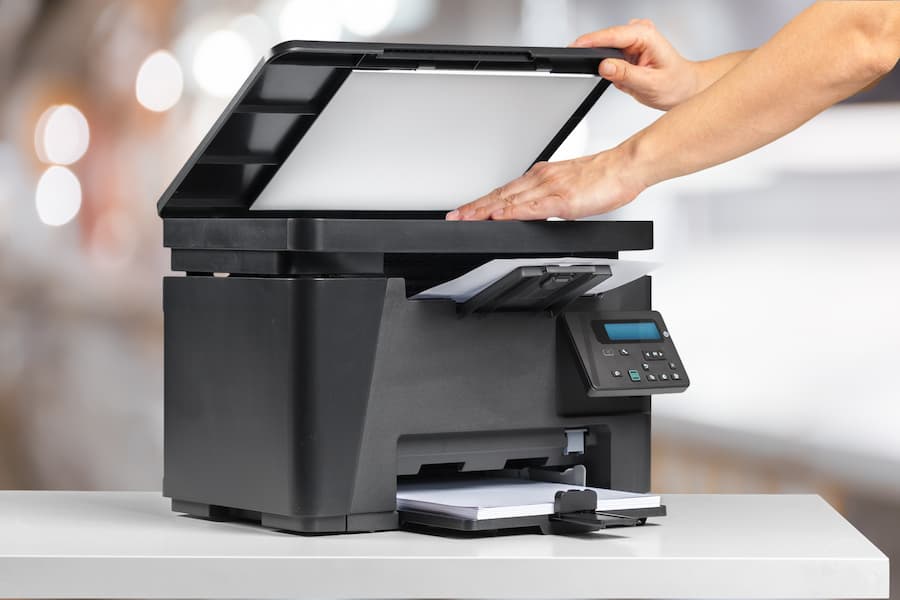
Effective management of your copier lease is crucial to maximizing the benefits of leasing. Moreover, regular maintenance, prompt repairs, and strategic planning for the end of the lease are essential aspects of lease management.
Regular Maintenance and Service Plans
Regular maintenance is vital to keep your copier running smoothly and avoid unexpected breakdowns. Many leasing agreements include maintenance and service plans that cover routine check-ups, repairs, and replacement of parts. Adhering to these maintenance schedules ensures that your copier operates efficiently throughout the lease term. It also extends the lifespan of the machine, reducing the likelihood of costly repairs.
What to Do If Your Copier Breaks Down
Despite regular maintenance, copiers can occasionally malfunction. It’s important to have a plan in place for such situations. Contact your leasing company’s customer support or service department immediately if your copier breaks down. Many leasing companies offer prompt repair services as part of their agreements. Having a reliable service plan in place ensures minimal disruption to your business operations and helps maintain productivity.
Planning for the End of the Lease
As the end of your lease term approaches, start planning for the next steps. Evaluate whether your current copier still meets your business needs or if it’s time to upgrade to a newer model. Consider the end-of-lease options outlined in your agreement, such as renewing the lease, purchasing the copier, or upgrading to a different machine. Planning ahead ensures a smooth transition and continuous access to the equipment your business requires.
What People May Also Ask
What are the benefits of leasing vs. buying a copier?
Leasing a copier offers several benefits over buying. It helps manage cash flow by spreading the cost over monthly payments rather than a large upfront expense. Leasing also provides access to the latest technology, allowing businesses to upgrade their equipment regularly.
How do I choose the best copier lease for my small business?
Choosing the best copier lease involves assessing your business’s specific needs, budget, and the features required in a copier. Compare leasing offers from different companies, evaluate the total lease costs, and consider the lease terms and flexibility.
What should I look for in a copier lease agreement?
When reviewing a copier lease agreement, look for clear and transparent terms. Pay attention to the lease duration, monthly payments, and any additional costs. Ensure that the agreement includes maintenance and service plans and outlines end-of-lease options.
Can I upgrade my copier during the lease term?
Many leasing agreements offer the option to upgrade your copy machine during the lease term. This flexibility allows you to adapt to changing business needs and access newer technology without waiting for the lease to expire.
What happens at the end of my copier lease?
At the end of your copier or printer lease, you typically have several options: renew the lease, purchase the copier at a reduced price, or upgrade to a newer model. Review the end-of-lease options in your agreement and plan ahead to ensure a smooth transition. If your current copier still meets your needs, renewing the lease might be the best option. If your business has grown or technology has advanced, upgrading could provide significant benefits.
Conclusion
Selecting the best copier lease plan for your company involves careful consideration of your business needs, budget, and the various leasing options available. By understanding the benefits of leasing, comparing lease offers, and choosing the right copier model, you can make an informed decision that supports your business operations and growth.
Leasing a copier can provide cost savings, access to the latest technology, and the flexibility to adapt to changing business needs. Start your leasing process today and give your business the tools it needs to succeed.




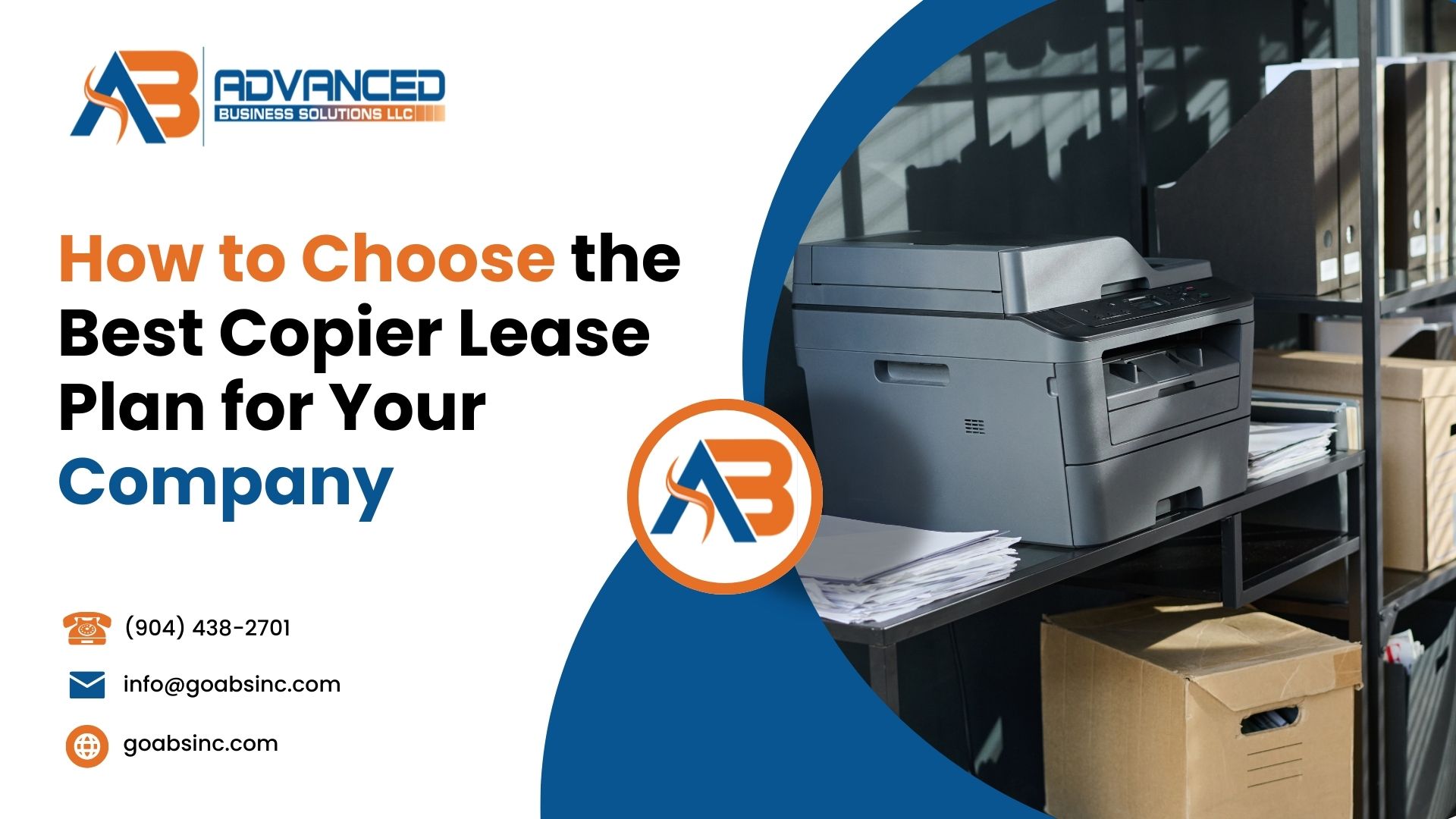
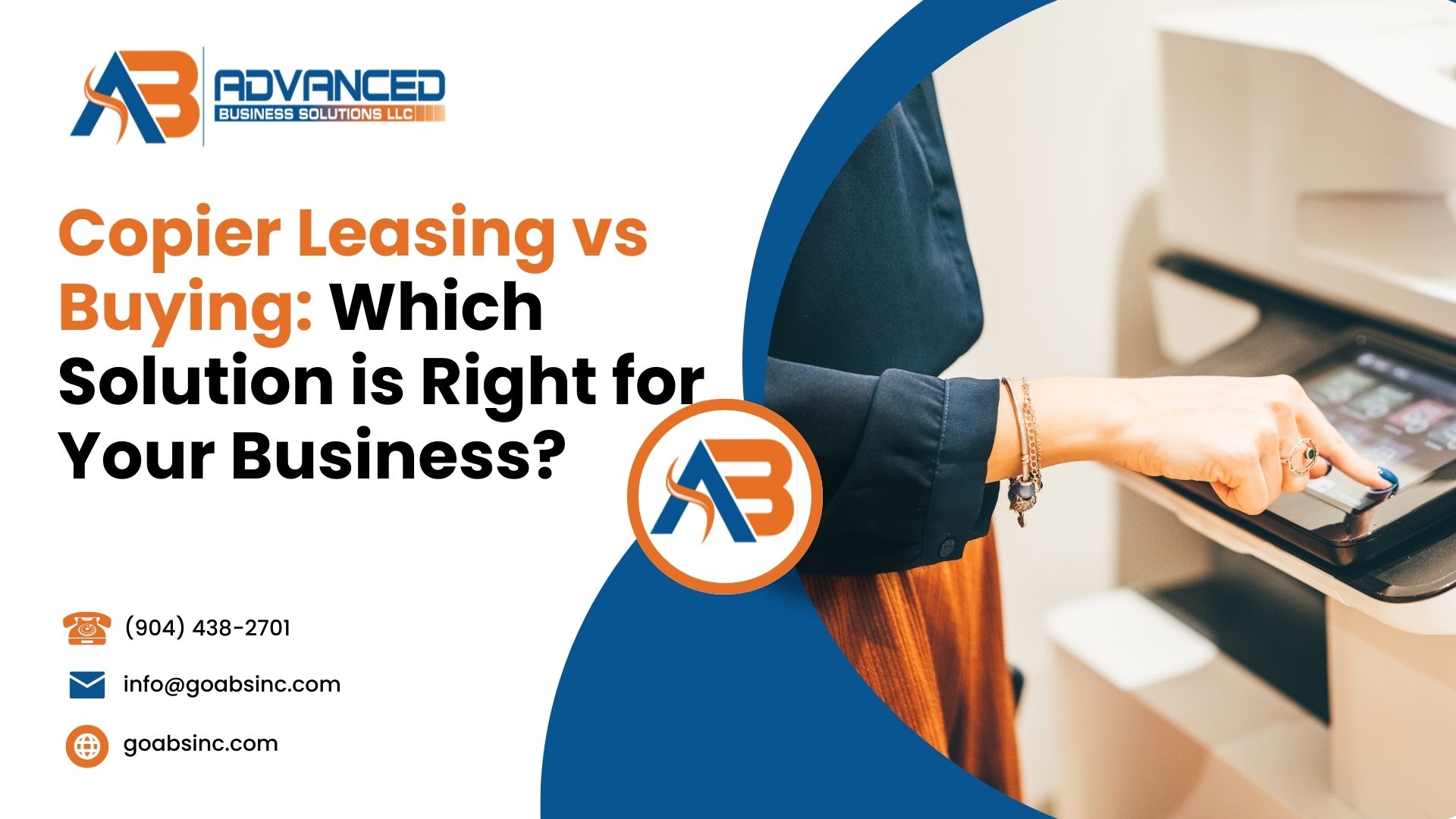

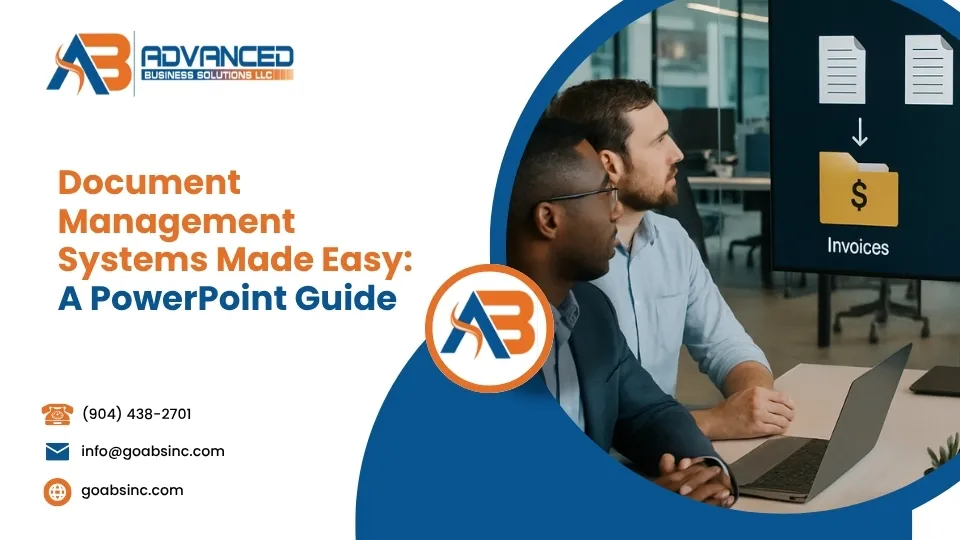

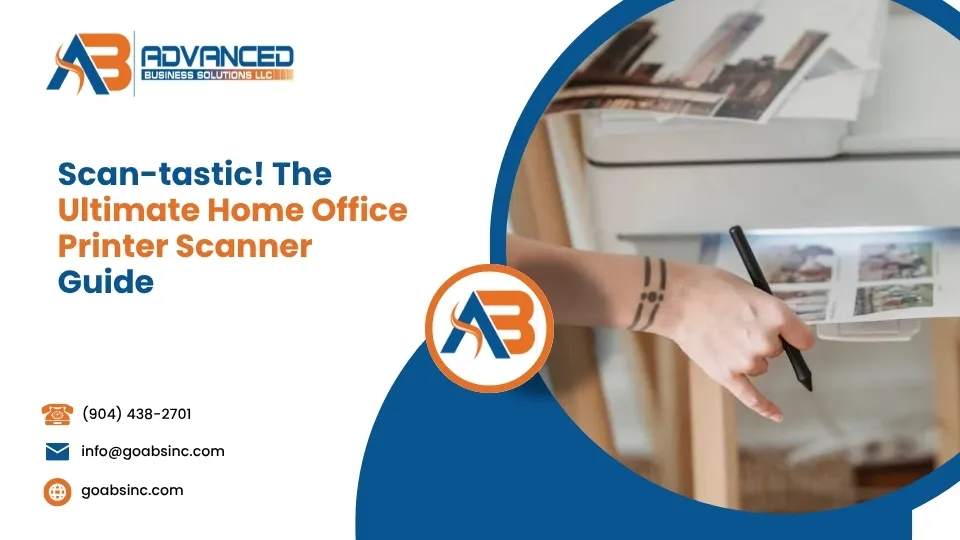
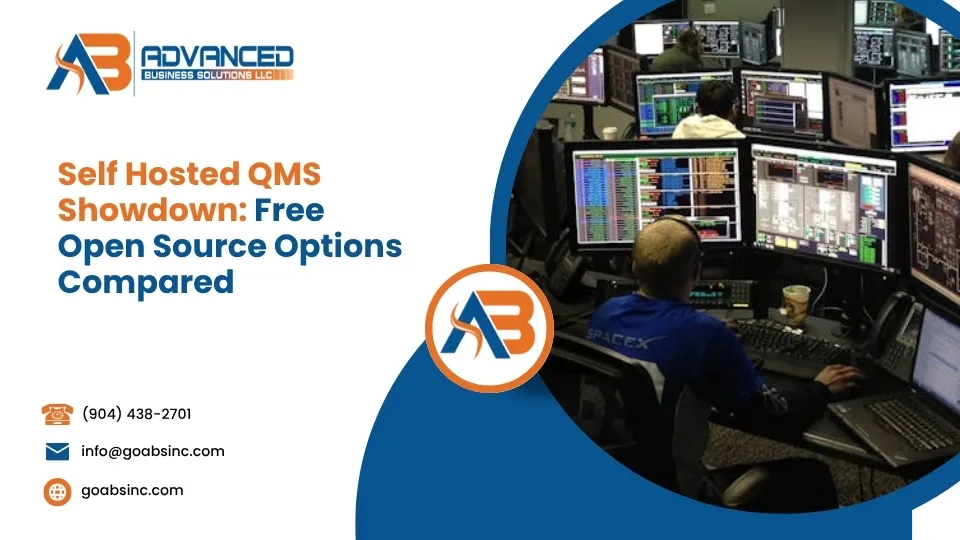
Comments are closed